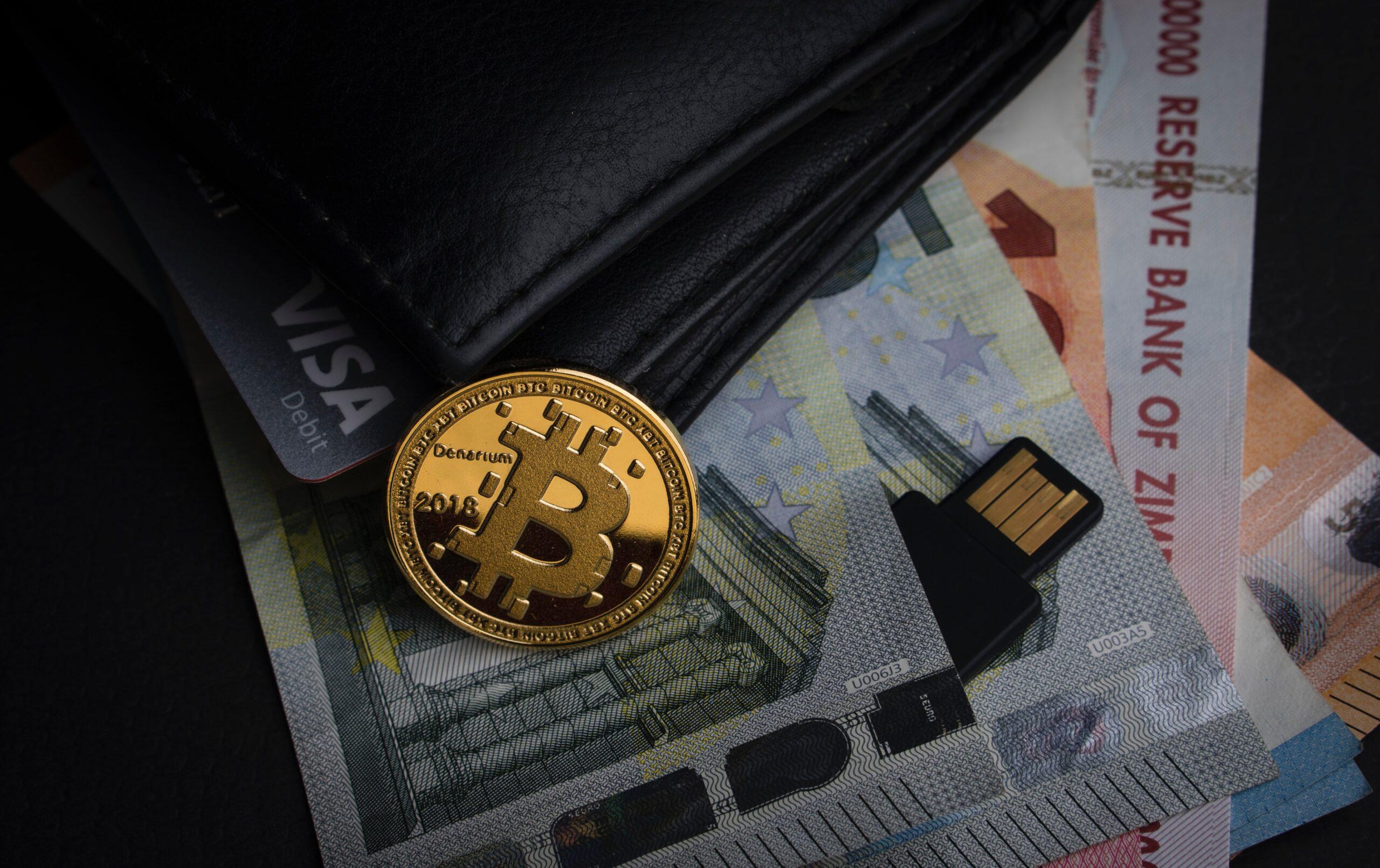Bitcoin is a revolutionary digital currency that has taken the world by storm since its launch in 2009. As such, it is important to ensure that your bitcoins are stored securely so as to protect them from being lost or stolen. This article will discuss the various types of wallets available for storing bitcoin and the best practices for keeping your bitcoins safe.
Hot Wallets
Hot wallets are digital wallets that are connected to the internet and offer convenience as they can be accessed from anywhere with an internet connection. However, this comes with certain risks since they can be easily hacked if not properly secured. Hot wallets are a good choice for those who require quick access to their funds or wish to use their bitcoins for day-to-day transactions; however, it is important to make sure that you only use reputable services when dealing with hot wallets as some may be unreliable or even fraudulent. Additionally, strong passwords and two-factor authentication should be enabled in order to keep your funds secure from malicious actors.
Cold Wallets
Cold wallets are digital wallets that are not connected to the internet and thus cannot be hacked by hackers or malicious actors. Cold wallets offer more security than hot wallets but come at the cost of convenience since they cannot be used for day-to-day transactions and require more effort to access funds stored in them. Cold wallets are a good choice for those looking to store their bitcoins for the long-term and do not need quick access to their funds. When using a cold wallet, it is important to make sure that you keep your private keys safe and secure from malicious actors who may try to use them to gain access to your funds.
Paper Wallets
Paper wallets are physical wallets that store your private keys on a piece of paper. They offer the highest level of security since they are not connected to the internet and therefore cannot be hacked; however, they also come with the most effort since you must manually enter your private keys each time you want to access your funds. Paper wallets are a good choice for those who want to store their bitcoins for the long-term without needing quick access to them. When using a paper wallet, it is essential that it is properly secured in order to prevent theft or loss due to physical damage or destruction, as well as securely storing the private key associated with the paper wallet in order to prevent malicious actors from gaining access.
Hardware Wallets
Hardware wallets are physical devices that store your private keys in a secure environment. They offer more security than hot or cold wallets since they are not connected to the internet and can only be accessed with a physical device. Hardware wallets also offer more convenience than paper wallets since you do not have to manually enter your private keys each time you want to access your funds. Hardware wallets are a good choice for those who want both security and convenience when storing their bitcoins; however, it is important to make sure that it is properly secured in order to prevent theft or loss due to physical damage or destruction, as well as keeping the device updated with the latest security patches in order to protect against any potential vulnerabilities.
Backing Up Your Wallet
It is important to back up your wallet in case you ever lose access to it due to theft, hardware failure, or other unforeseen circumstances. Backing up your wallet will ensure that you do not lose access to your funds and can restore them if needed. It is also important to make sure that the backup of your wallet is stored securely so that malicious actors cannot gain access to it and steal your funds.
Keeping Your Wallet Secure
In order to keep your wallet secure, it is essential that strong passwords, two-factor authentication, and other security measures are employed. This will help prevent hackers from gaining access to your funds and stealing them. Additionally, it is important to keep your private keys safe and secure from malicious actors who may try to use them to gain access to your funds. You should consider storing your private keys in a secure environment such as a physical vault or an encrypted file on an external hard drive.
Best Practices for Storing Your Bitcoins
When storing your bitcoins, it is important to consider the different types of wallets available and their advantages and disadvantages. Hot wallets are convenient but less secure than cold wallets, paper wallets offer the highest level of security but require more effort, and hardware wallets offer both security and convenience. Additionally, it is essential that you back up your wallet in case you ever lose access to it and keep your private keys safe from malicious actors. By following these best practices, you can ensure that your bitcoins are stored safely and securely.
Conclusion
Storing your bitcoins safely is an essential part of owning digital currency. There are several different types of wallets available for storing bitcoin, each with its own advantages and disadvantages. It is important to consider these factors when deciding which type of wallet is best for you. Additionally, it is important to back up your wallet in case you ever lose access to it and keep your private keys safe from malicious actors. By following these best practices, you can ensure that your bitcoins are stored safely and securely.
